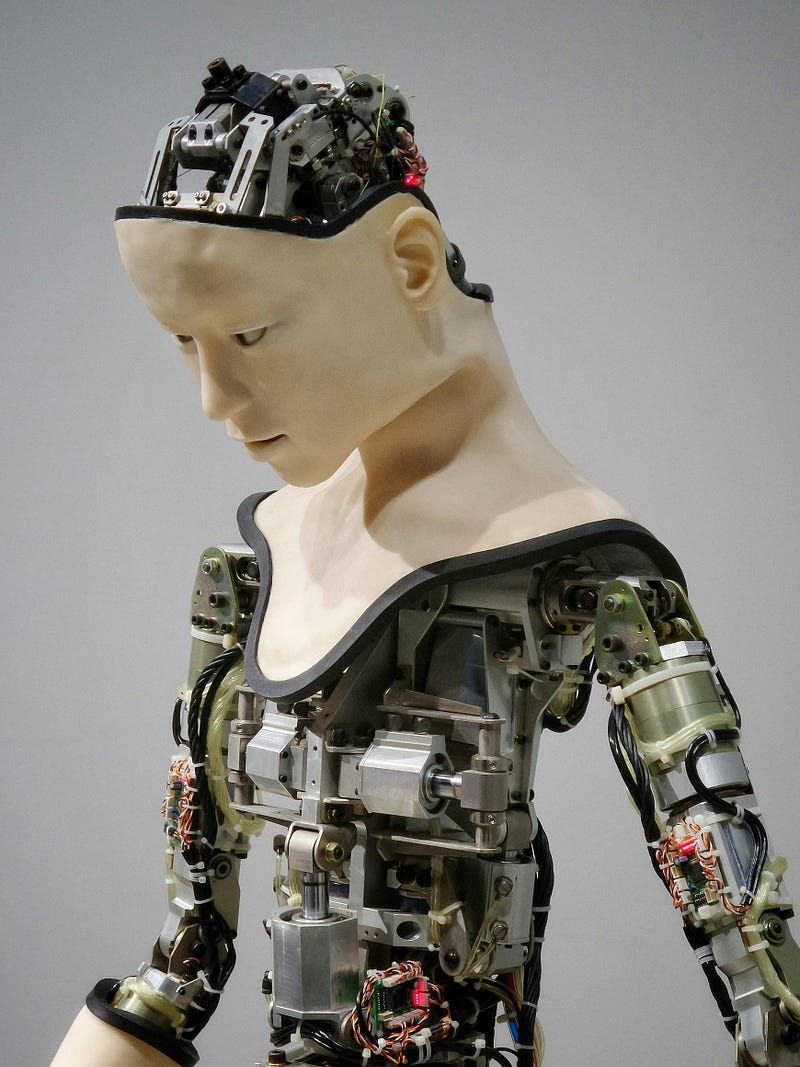The Role of AI in Shaping Tomorrow's Workforce
Written on
The Future of AI and Employment
In a time when technological innovations are evolving at a remarkable speed, the debate surrounding whether Artificial Intelligence (AI) will take over jobs traditionally held by humans has intensified. As AI technologies become more advanced, performing tasks such as operating vehicles and diagnosing illnesses, the distinction between human-dependent tasks and those suitable for automation is increasingly ambiguous.

Photo by Possessed Photography on Unsplash
While AI is progressively woven into various industries, it has not yet surpassed human ability when it comes to complex tasks. Currently, activities that demand creativity are still beyond AI’s capabilities. For example, attempts to use AI for generating new episodes of the classic show 'Friends' produced content that was difficult to follow. Although some writers turn to AI for inspiration in poetry or prose, it’s evident that AI cannot fully replicate the human essence in creative work.
Furthermore, despite strides in natural language processing, AI’s understanding of language is superficial. While it can handle routine conversations in specific scenarios, it struggles with unexpected phrases, sarcasm, or nuanced discussions. Additionally, qualities like empathy and critical thinking highlight areas where AI still lags behind human capabilities. Although AI's rapid evolution has made it a prominent part of our daily lives, the idea of an AI-dominated world where humans are liberated from all work remains a distant dream.
AI must still develop its ability to comprehend language subtleties, foster creativity, tackle intricate problems, and grasp nuances. For those concerned about job security in a future dominated by AI, focusing on enhancing skills in these domains may prove to be a prudent approach to staying relevant.
Why Is AI Being Adopted?
The increasing implementation of AI is largely motivated by the growing demands of everyday tasks. Automating routine processes not only saves human resources but also enhances productivity. AI allows organizations to offload mundane tasks onto machines, which in turn liberates human talent for more strategic roles that drive growth. There is a notable trend among companies to automate standard, repetitive activities, based on the belief that such automation can be achieved with simple applications, fueled by progress in data science. One of the most common ways people encounter AI is through online chat services.
In summary, while AI brings considerable benefits in terms of efficiency and operational enhancement, its limitations in creativity, nuanced comprehension, and emotional intelligence highlight the irreplaceable value of human input in the workplace.
Chapter 2 Title
The first video discusses the implications of AI on job markets and explores the evolving landscape of employment in light of AI advancements.
The second video delves into the opportunities and challenges presented by AI in the future of work, emphasizing the need for adaptation and resilience.